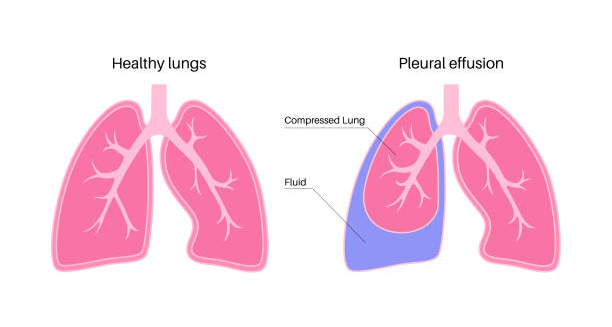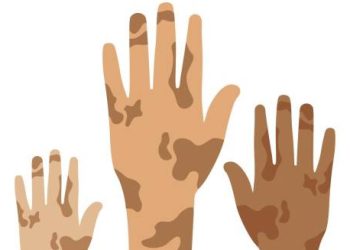Empyema
Empyema is a serious medical condition in which pus collects in the space between the lungs and the chest wall, known as the pleural cavity. This often happens as a complication of pneumonia when infection spreads from the lungs to the pleural space. This can make breathing difficult and may cause permanent lung damage if not treated promptly.
The condition begins with fluid build-up in the pleural space—known as a pleural effusion. If bacteria infect that fluid, it becomes thick with pus and white blood cells, turning into empyema. This infected fluid restricts lung movement and causes inflammation, leading to chest pain, fever, and breathing difficulties.
Empyema can occur at any age but is more common in:
Children with underdeveloped immune systems
Older adults
People with weakened immunity due to HIV, diabetes, or cancer
Patients recovering from chest trauma or surgery
Empyema
In South Africa, empyema remains a public health concern, particularly in communities with limited access to early treatment for respiratory infections. Tuberculosis (TB) is also a common cause of this condition in regions where TB rates are high.
Early treatment is essential. Without it, the condition can progress, leading to lung scarring, trapped lungs, or widespread infection. Treatment often includes antibiotics and drainage of the infected fluid, and in some cases, surgery.
Understanding empyema is crucial for recognising complications of chest infections and ensuring early medical care—especially in areas with high TB and pneumonia rates.


